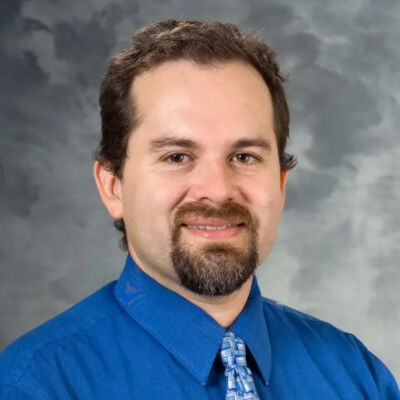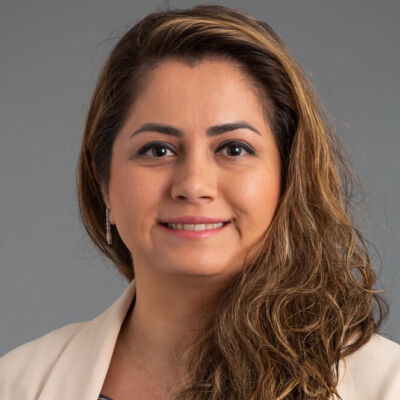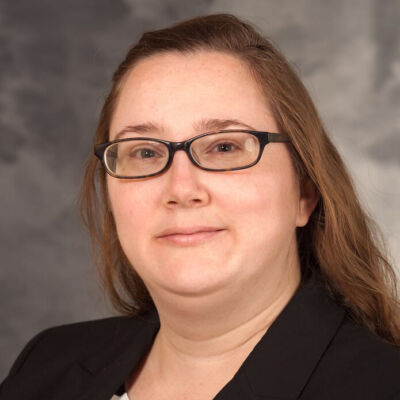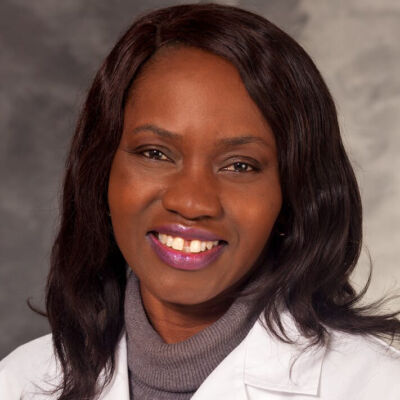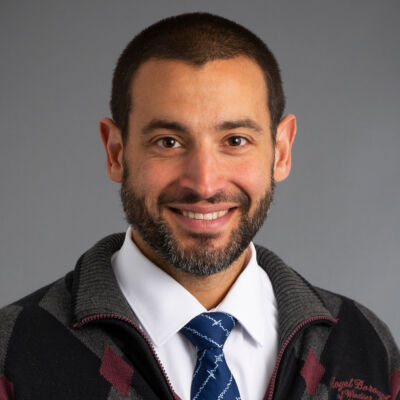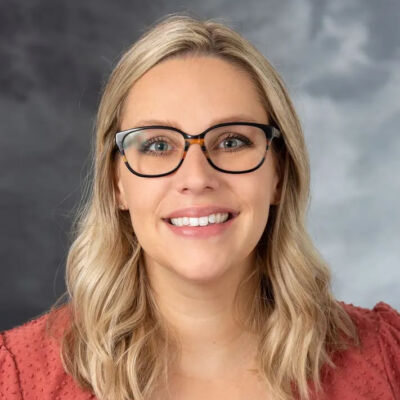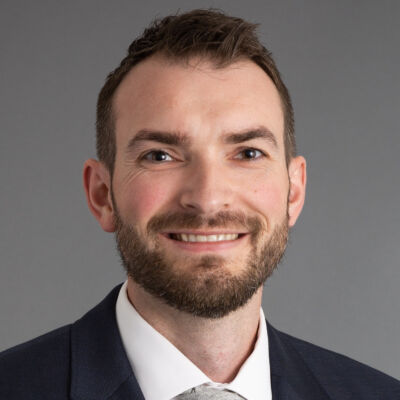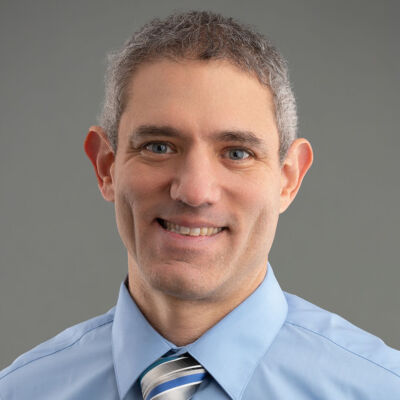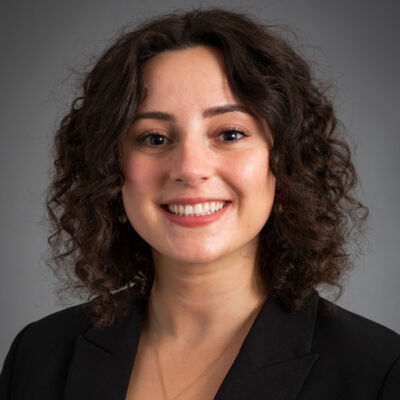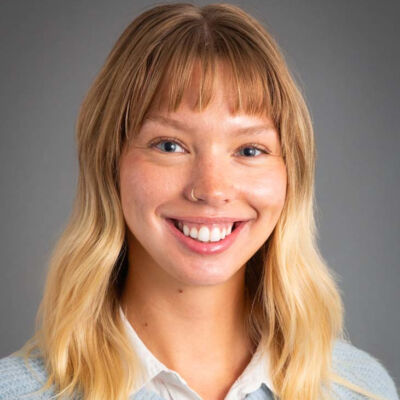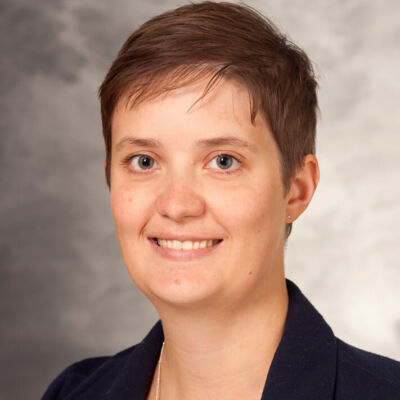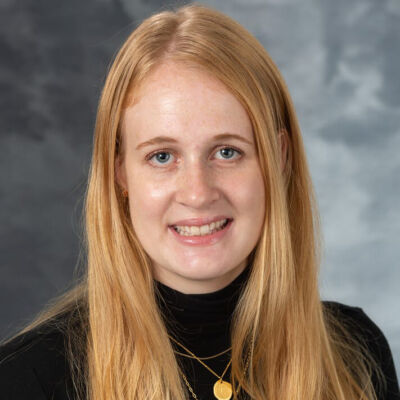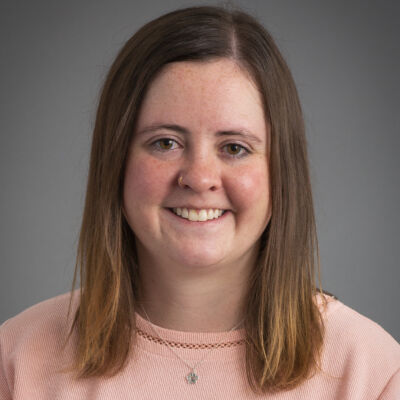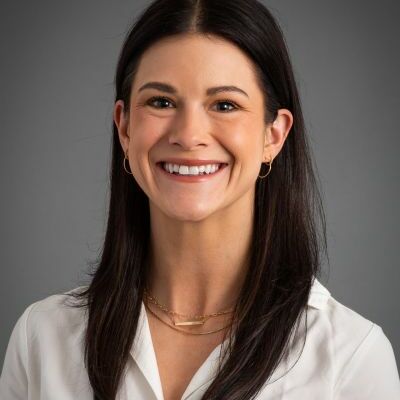MISSION STATEMENT:
The Mission of the Section of Stroke Neurology at the University of Wisconsin School of Medicine and Public Health is to promote the health of patients with strokes. We are a group of individuals with diverse interests and the common goal to maintain excellence in clinical care, education, and research.
Medical Director
Providers
APPs
| HMGB1 is a Potential Mediator of Astrocytic TLR4 Signaling Activation following Acute and Chronic Focal Cerebral Ischemia Famakin BM, Tsymbalyuk O, Tsymbalyuk N, Ivanova S, Woo SK, Kwon MS, Gerzanich V, Simard JM. Neurol Res Int. 2020 Feb 20;2020:3929438. doi: 10.1155/2020/3929438. eCollection 2020. See full publication information |
| Toll-Like Receptor 4 Signaling in Focal Cerebral Ischemia: a Focus on the Neurovascular Unit Famakin BM, Vemuganti R. Mol Neurobiol. 2020 Jun;57(6):2690-2701. doi: 10.1007/s12035-020-01906-5. Epub 2020 Apr 18. See full publication information |
| Pearls & Oy-sters: Primary angiitis of the CNS presenting with recurrent intracranial hemorrhage Rice J, Woltjer R, Stienstra N, Sun E, Yadav V. Neurology. 2020 Mar 3;94(9):e992-e995. doi: 10.1212/WNL.0000000000009047. Epub 2020 Feb 10. See full publication information |
| Blood Pressure Thresholds During Endovascular Therapy in Ischemic Stroke Sun ZE, Smirnakis S, Feske S. JAMA Neurol. 2020 Dec 1;77(12):1578-1579. doi: 10.1001/jamaneurol.2020.3816. See full publication information |
| Osmotherapy for malignant cerebral edema in a phase 2 prospective, double blind, randomized, placebo-controlled study of IV glibenclamide Hinson HE, Sun E, Molyneaux BJ, von Kummer R, Demchuk A, Romero J, Taylor Kimberly W, Sheth KN. J Stroke Cerebrovasc Dis. 2020 Jul;29(7):104916. doi: 10.1016/j.jstrokecerebrovasdis.2020.104916. Epub 2020 May 13. See full publication information |
| Intensive vs Standard Treatment of Hyperglycemia and Functional Outcome in Patients With Acute Ischemic Stroke: The SHINE Randomized Clinical Trial Johnston KC, Bruno A, Pauls Q, Hall CE, Barrett KM, Barsan W, Fansler A, Van de Bruinhorst K, Janis S, Durkalski-Mauldin VL; Neurological Emergencies Treatment Trials Network and the SHINE Trial Investigators. JAMA. 2019 Jul 23;322(4):326-335. doi: 10.1001/jama.2019.9346. See full publication information |
| Febrile Infection-Related Epilepsy Syndrome Treated Successfully With Anakinra in a 21-Year-Old Woman Westbrook C, Subramaniam T, Seagren RM, Tarula E, Co D, Furstenberg-Knauff M, Wallace A, Hsu D, Payne E. WMJ. 2019 Oct;118(3):135-139. See full publication information |
| Sur1-Trpm4 Cation Channel Expression in Human Cerebral Infarcts Mehta RI, Tosun C, Ivanova S, Tsymbalyuk N, Famakin BM, Kwon MS, Castellani RJ, Gerzanich V, Simard JM. J Neuropathol Exp Neurol. 2015 Aug;74(8):835-49. doi: 10.1097/NEN.0000000000000223. See full publication information |
| The Immune Response to Acute Focal Cerebral Ischemia and Associated Post-stroke Immunodepression: A Focused Review Famakin BM. Aging Dis. 2014 Oct 1;5(5):307-26. doi: 10.14336/AD.2014.0500307. eCollection 2014 Oct. See full publication information |
| Nonparetic arm force does not overinhibit the paretic arm in chronic poststroke hemiparesis Dimyan MA, Perez MA, Auh S, Tarula E, Wilson M, Cohen LG. Arch Phys Med Rehabil. 2014 May;95(5):849-56. doi: 10.1016/j.apmr.2013.12.023. Epub 2014 Jan 16. See full publication information |


